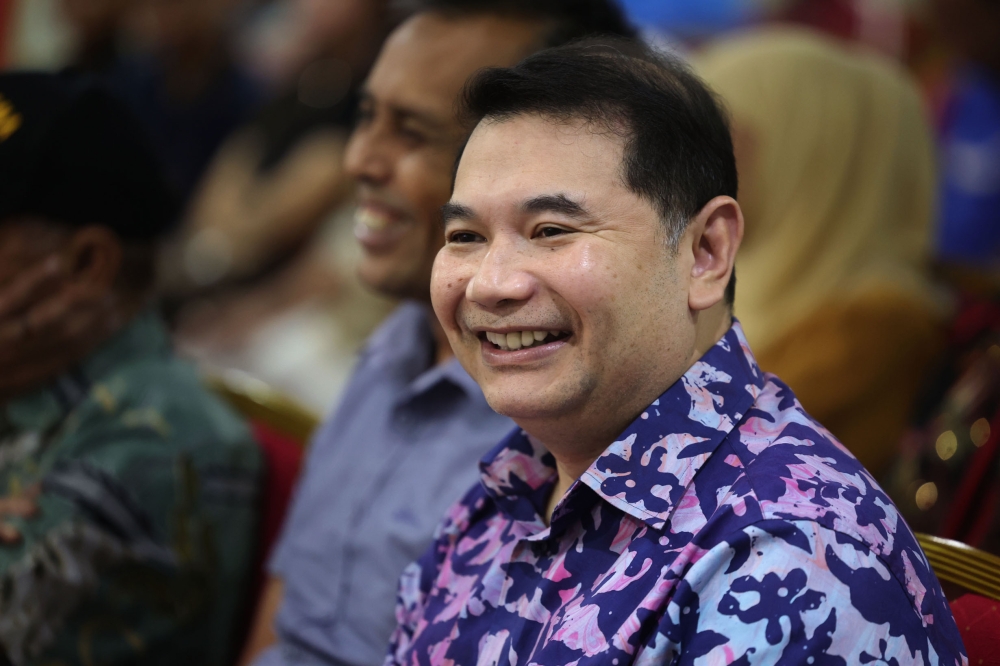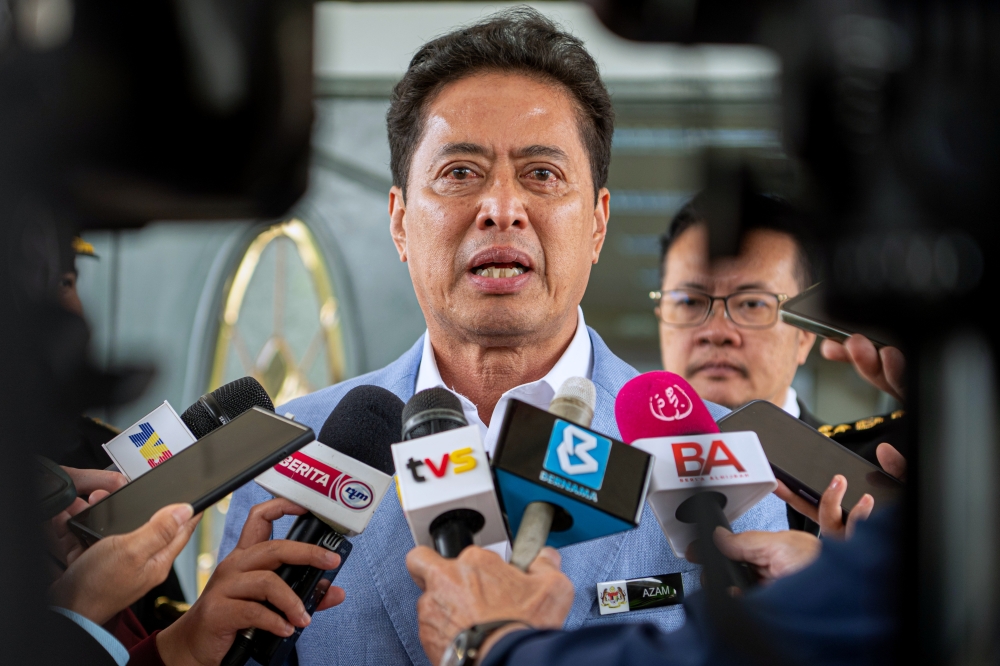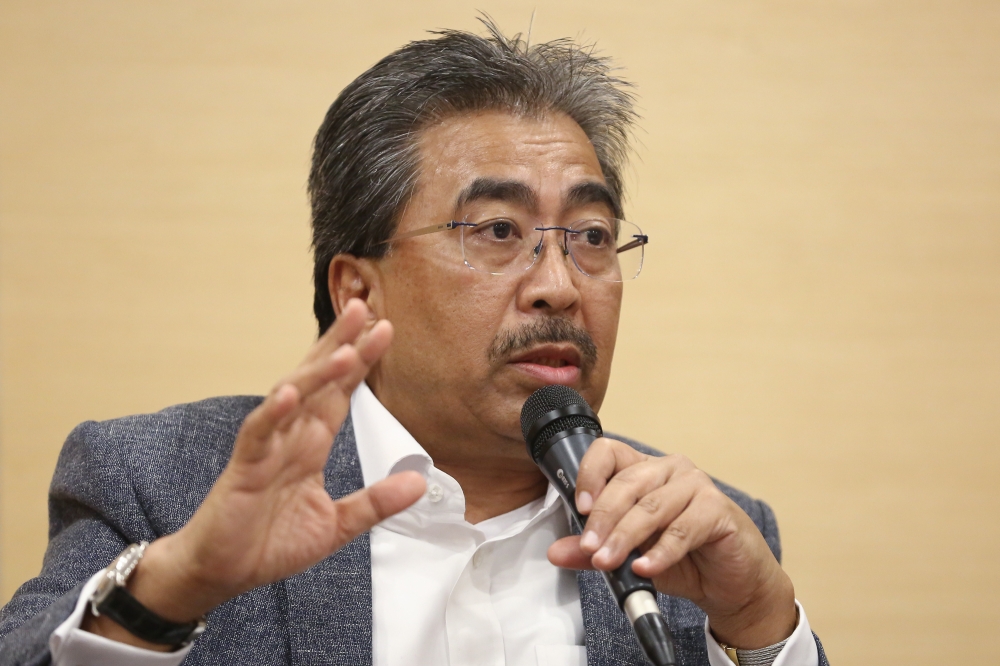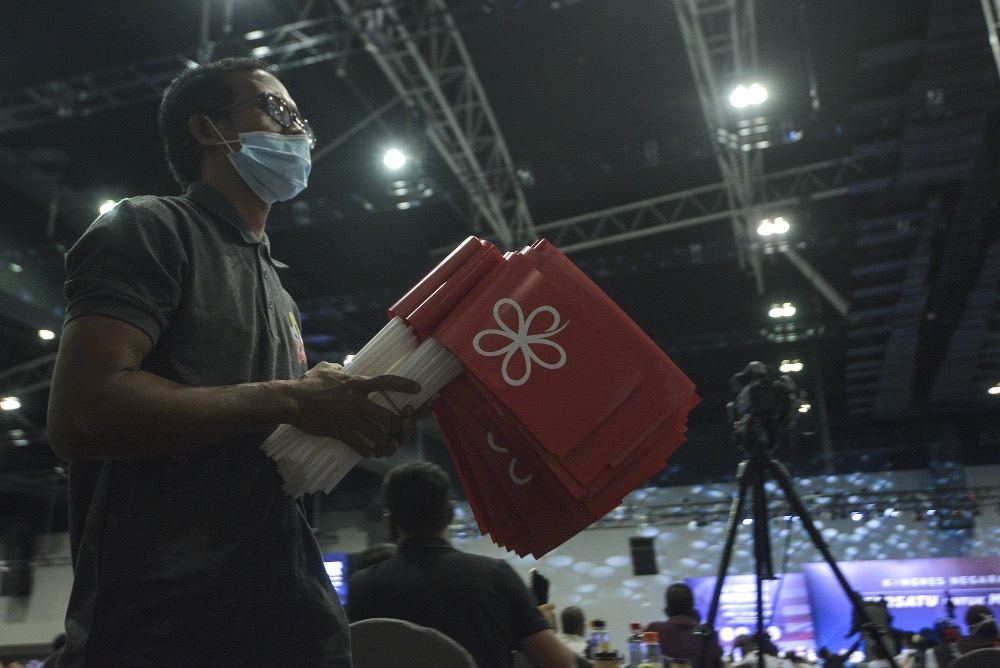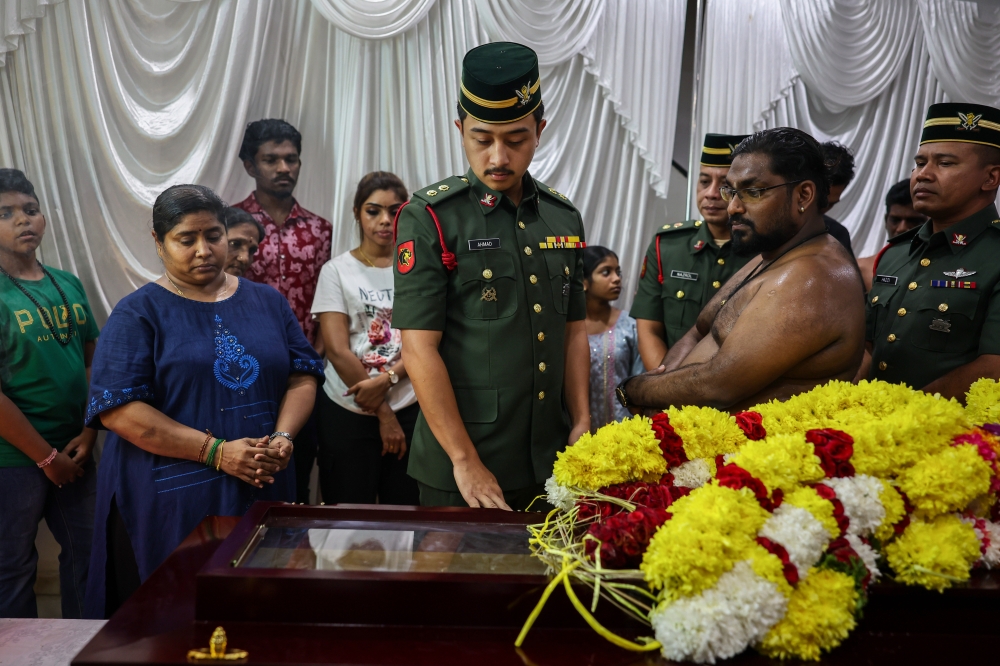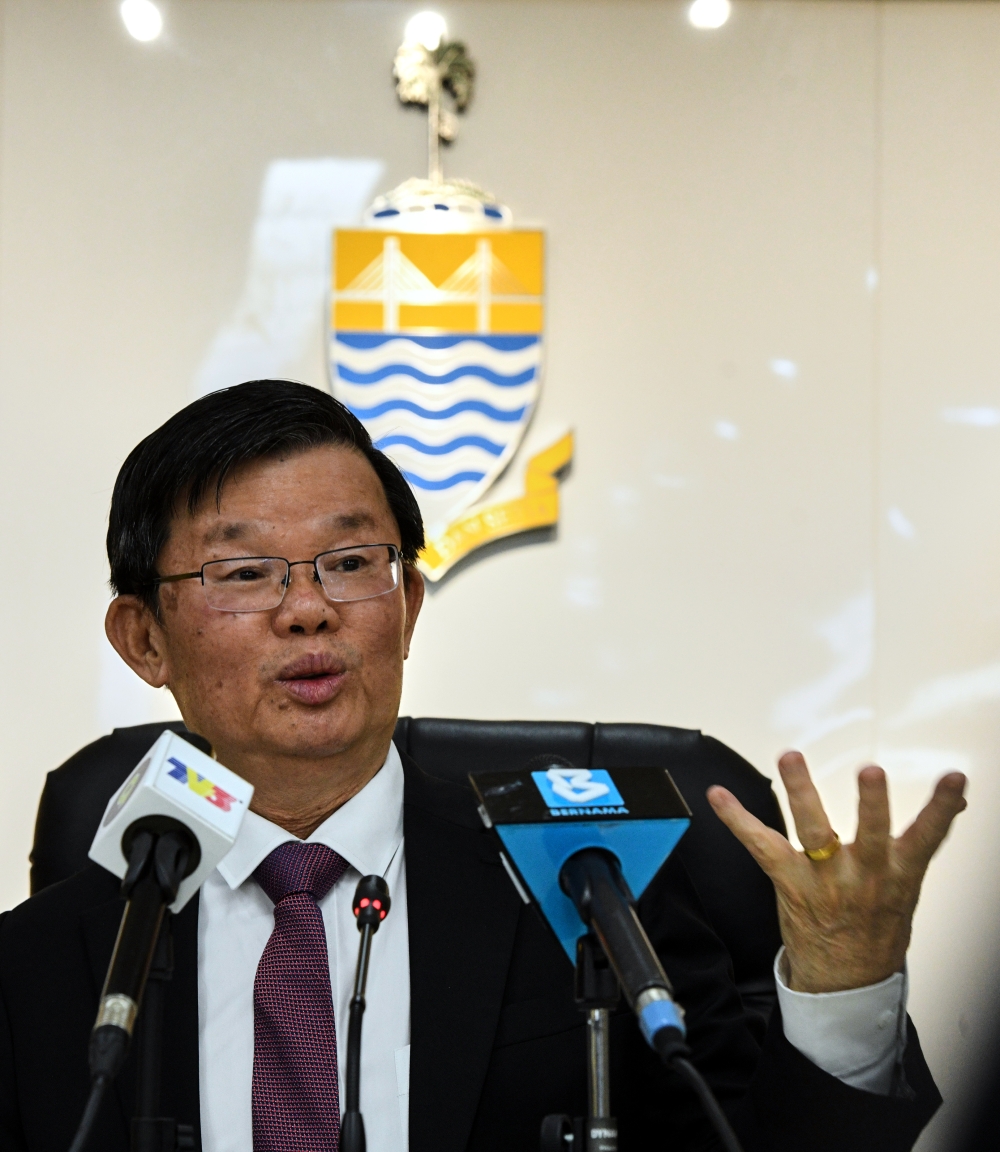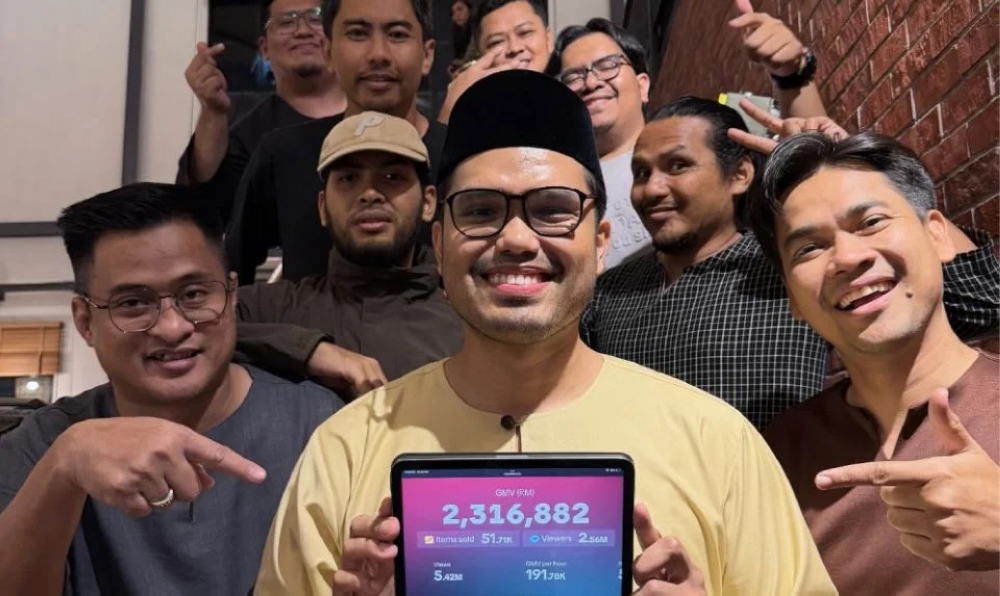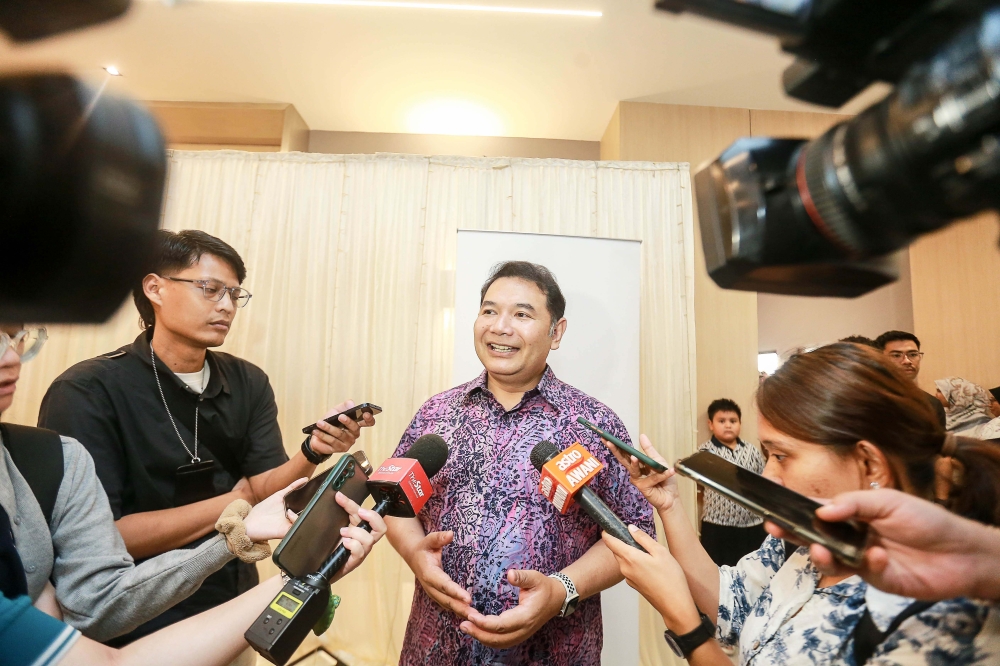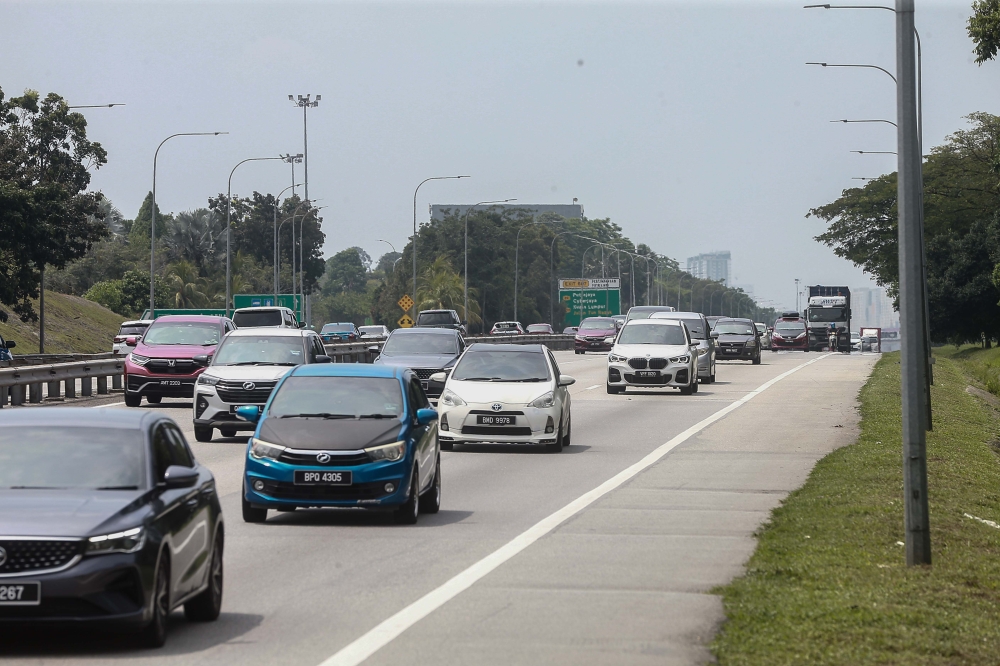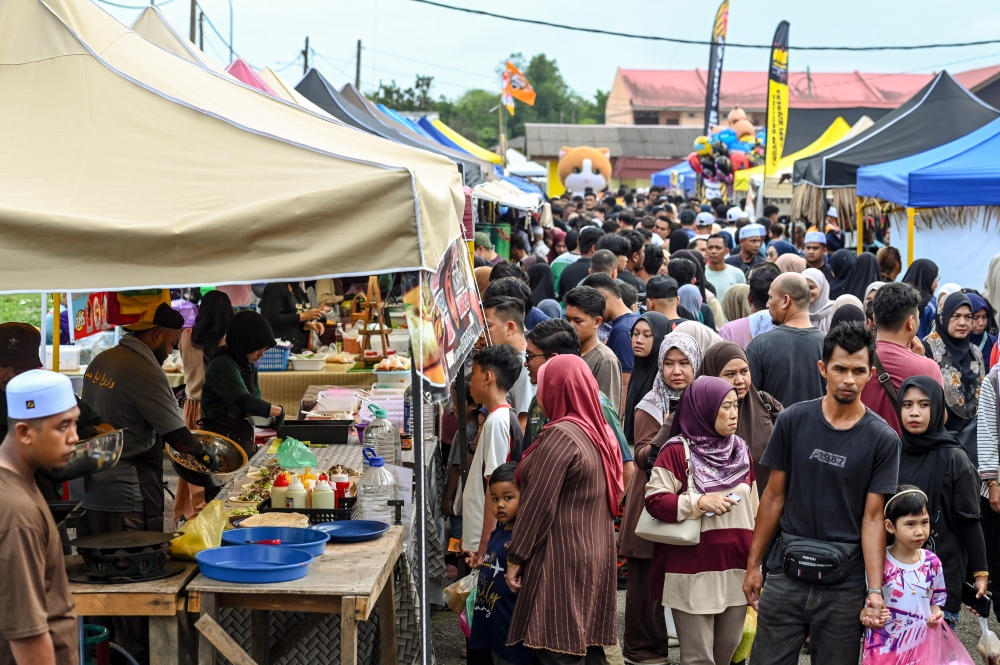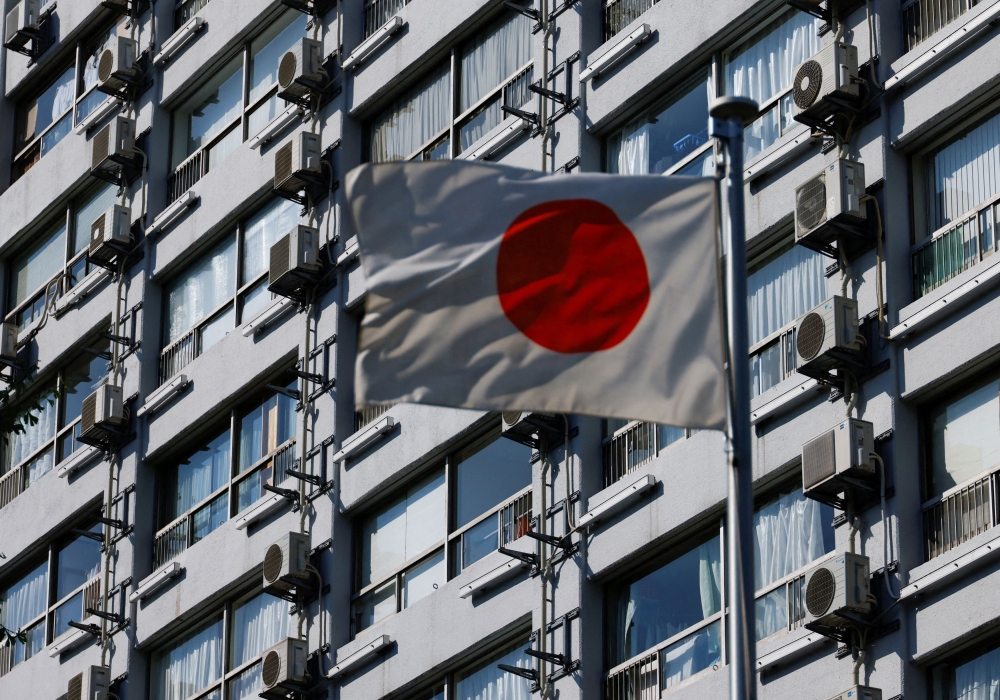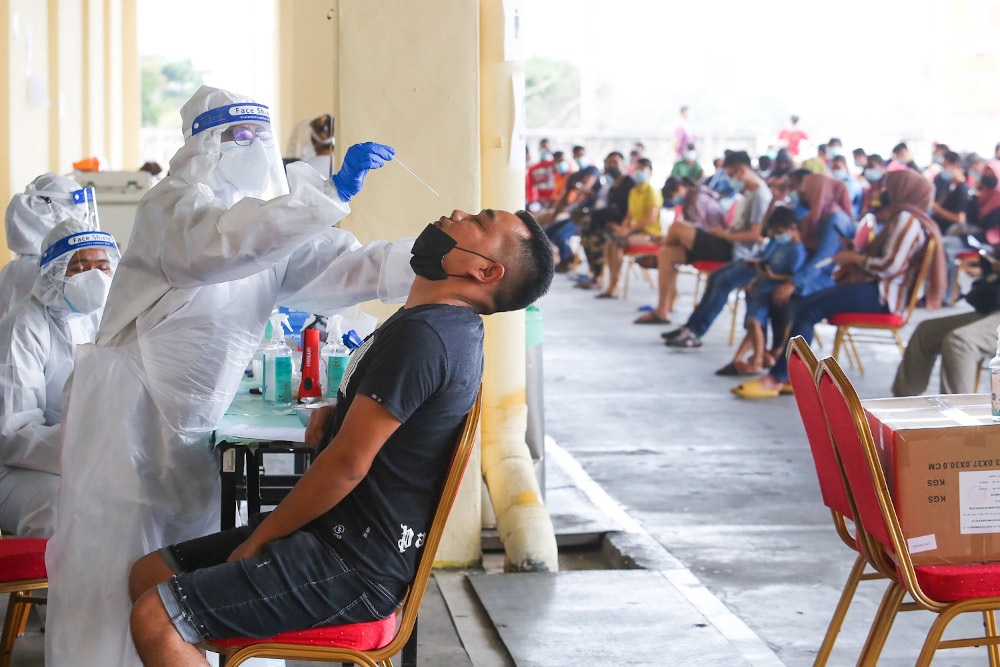KUALA LUMPUR, June 1 ― Malaysia has entered another nationwide lockdown from today for at least two weeks following a record-breaking rise in Covid-19 cases this month.
Dubbed a “full lockdown”, it will be Malaysia’s second full-scale movement restriction after it entered one last year for 47 days when the country recorded 125 new Covid-19 cases on March 16.
This time round, the Covid-19 cases reached an all-time high on May 29 with 9,020 confirmed cases before the numbers fell below 8,000 for three consecutive days.
Public health medicine specialist and Selangor Task Force Operations (STFO) director Asst Prof Dr Mohammad Farhan Rusli said the pandemic may be a complicated public health crisis but the solutions are quite simple and straightforward.
According to him, going back to basics is the best containment strategy to bring down the number of infections in the community.
When asked what he means by basics, he quickly pointed out to having a robust system in place to quickly find, test, trace, isolate and support new Covid-19 cases.
To him, the best way forward is aggressive mass testing to detect the silent carriers and stop sporadic cases from occurring.
Scientifically, sporadic cases refer to cases that have no epidemiological links and their cluster origin is unknown.
This was well-evident after Health director-general Tan Sri Noor Hisham Abdullah raised concerns on May 11 that 80 per cent of new Covid-19 infections were now sporadic and no longer contained in clusters.
Hence, the Selangor government embarked on a mass Covid-19 screenings initiative to offer free antigen rapid test kit (RTK-Antigen) tests to all those residing in all the 56 state constituencies as part of the Selangor Public Health Action Plan from May 8 until June 10.
The mass testing initiative was launched to quickly detect and isolate the silent carriers of the Covid-19 infection in a bid to curb the spread of the virus in Selangor.
As a result, the state government has so far conducted 67,639 RTK-Antigen tests in 32 zones with an average suspected positivity rate of four per cent as of May 29.
The zones with the highest suspected positivity rates include Gombak Setia (8.24 per cent), Kajang (8.08 per cent), Hulu Kelang (8.06 per cent), Taman Templer (7.99 per cent), Bukit Antarabangsa (7.58 per cent) and Seri Setia (6.99 per cent).
Meanwhile, the zones that recorded the lowest suspected positivity rate include Kampung Tunku (1.20 per cent), Sementa (1.27 per cent), Dusun Tua (1.77 per cent) and Kota Anggerik (1.92 per cent).
The suspected positive cases have been referred to the Health Ministry for polymerase chain reaction (PCR) test and further action.
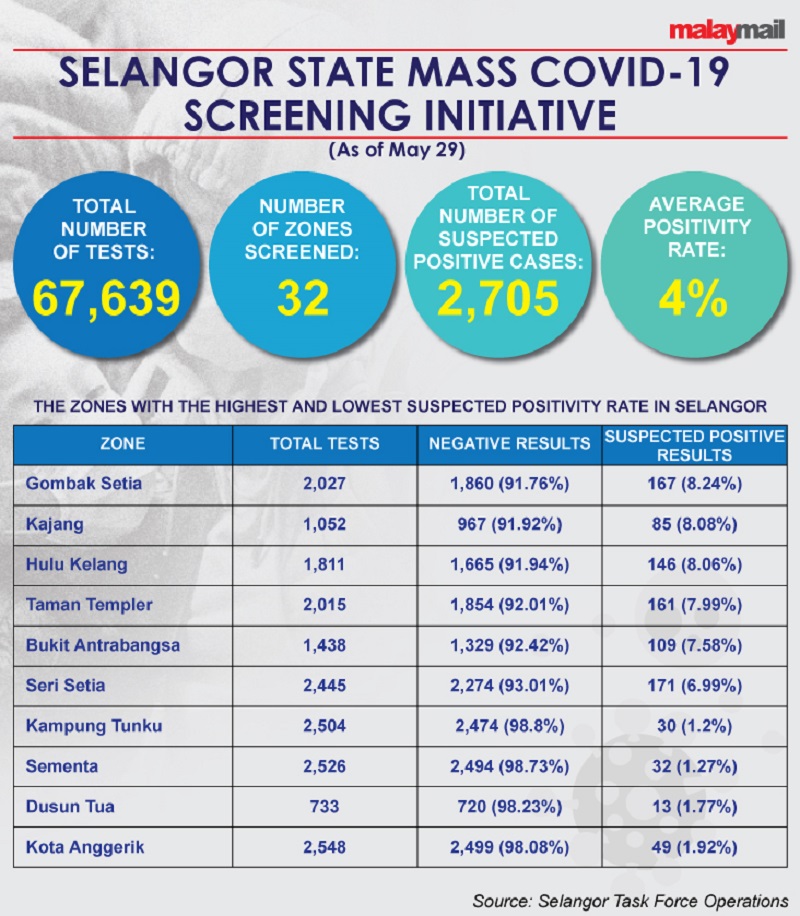
Elaborating on the mass testing initiative, Dr Farhan said the efforts not only helped the Selangor task force detect the positive cases, but also equip the team with the much-needed data to better understand the positivity rate and hotspots.
“The reason why we are doing the mass testing is to find the actual hotspots.”
For instance, Dr Farhan noted that the areas that have a high positivity rate of above five per cent are deemed hotspots and will require further testing in Phase 2.
“The Phase 2 will have a more targeted approach whereby we will analyse the hotspot areas and test everybody to move into the containment phase.”
Dr Farhan said the containment phase should not have sporadic cases and each Covid-19 positive case must have an epidemiological link.
He, however, pointed out that speed is the most vital factor when it comes to active case detection.
Therefore, he said that was the reason the Selangor state decided to use the RTK-Antigen testing method for the mass screening instead of the PCR test.
“RTK-Antigen testing results can be received within 15 seconds with a buffer time of half an hour.
“But all in, we will know the result in an hour. So during the mass testing, we can already send the result to all the participants on the same day at night.”
Dr Farhan said when the participants receive their test result on the same day, it means the positive cases can quickly isolate themselves to prevent spreading the virus to others.
“But this is in stark contrast with PCR, where it takes up to three days to get the result, which may cause a backlog.”
Dr Farhan said such delays may cause infected people to spread the virus to others while waiting for the result and further actions.
Dr Noor Hisham on Sunday announced that the country currently has a total capacity to run 104,885 PCR tests daily.
He also disclosed that a total of 94,528 PCR and RTK-Antigen tests were carried out on May 29 out of which, 9,020 or 9.55 per cent were positive cases across the country.
Dr Noor Hisham also noted that there are currently 31 private labs and 13 university [hospital] labs assisting the ministry to scale up the Covid-19 screening efforts nationwide.
Going beyond testing

Apart from the mass testing efforts, Dr Farhan said the STFO has also implemented an intervention programme called Prevention of Outbreak at Industry Sites (POIS) in Selangor since last November to prevent an outbreak in workplaces and factories.
He said the end goal of the project was to help industries continue their operations safely by enhancing public health measures on-site.
He gave an example that a multinational food and beverage manufacturer in Selangor with over 8,000 employees managed to reduce over 100 Covid-19 cases among its workforce to single-digit by embarking on the free programme.
To date, STFO has approached 900 industries in Selangor out of which 116 with a total of 44,260 employees have joined the programme.
The programme has also trained 263 scrum masters in 49 industries to carry out the public health measures in a bid to prevent outbreaks on site.


